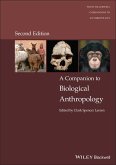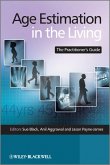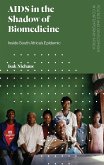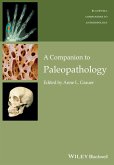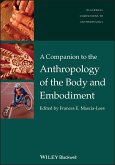Serving as both an accessible textbook and an original synthesis of interdisciplinary scholarship, Emerging Infections traces the social and environmental determinants of human infectious diseases from the Paleolithic to the present day. Contrary to earlier predictions of a post-infectious era, humanity now faces a post-antimicrobial era with the emergence of drug-resistant pathogens and the entry of new and deadly viruses such as Ebola and COVID-19 in the human population. Yet despite the novelty of these infections, their evolution is primarily driven by the same human activities of subsistence, settlement, and social organization that have been recurring over the last ten thousand years. Approaching these activities from a biocultural perspective, this book examines the prehistory and history of human infectious diseases. Much has happened in the decade since the first edition, with significant developments in both disease research and in the evolution of the diseases themselves. As such, this new edition has been expanded to include recent epidemics of Ebola, Zika, MERS, and of course, COVID-19. Indeed, the book's biocultural approach is especially relevant to the COVID-19 pandemic, examining it from a deep time perspective and placing it within a much-needed explanatory framework. Emerging Infections is suitable for advanced undergraduates, graduates, and researchers in anthropology, the medical social sciences, public health, and the history of medicine. The book will also appeal to a more general readership with an interest in public health and infectious diseases.
Dieser Download kann aus rechtlichen Gründen nur mit Rechnungsadresse in A, B, BG, CY, CZ, D, DK, EW, E, FIN, F, GR, HR, H, IRL, I, LT, L, LR, M, NL, PL, P, R, S, SLO, SK ausgeliefert werden.



